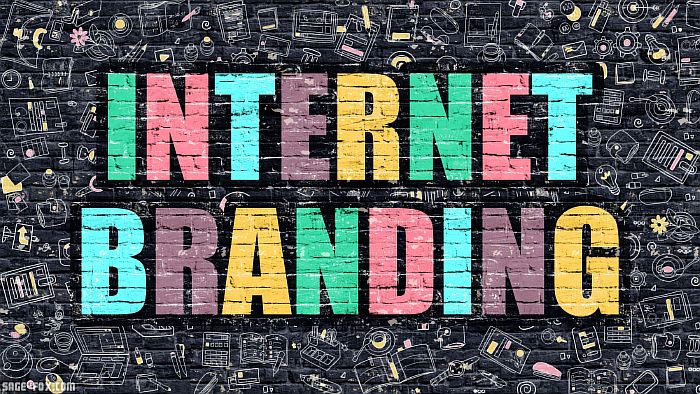
Internet Branding: The New Frontier in Marketing
Internet branding, as a marketing tool, has become increasingly crucial in the digital age. This article examines the essence of this technology, its evolution, pros and cons, potential impacts on businesses and society, and offers a comprehensive conclusion on its overall value and cost-effectiveness.
Understanding Internet Branding and Its Mechanisms
Internet branding is a digital marketing strategy that involves creating a unique identity for a brand in the online space. This concept emerged with the advent of the internet and has gained prominence with the proliferation of digital platforms. It encompasses various elements such as website design, social media presence, content creation, and search engine optimization (SEO).
The core of internet branding lies in its ability to connect with a wider audience in a more direct and personalized way. Unlike traditional marketing, internet branding allows for real-time interaction with consumers, offering immediate feedback and engagement. The use of analytics and data-driven strategies further enhances its effectiveness, allowing brands to tailor their messaging and offerings to specific audience segments.
Pros and Cons of Internet Branding
One of the major advantages of internet branding is its broad reach and cost-effectiveness. Brands can engage with a global audience at a fraction of the cost of traditional media. It also offers greater flexibility and agility, enabling brands to quickly adapt to market changes or consumer preferences.
However, the digital landscape is highly competitive, making it challenging for brands to stand out. The need for constant content creation and engagement can also be resource-intensive. Additionally, the digital platform exposes brands to public scrutiny, requiring careful management of online reputation.
Another con is the dependency on technology and digital platforms, which can be susceptible to changes in algorithms, policies, and user behavior, potentially impacting a brand’s visibility and engagement.
Transformative Impact of Internet Branding
Internet branding has the potential to revolutionize how businesses operate and interact with their customers. It has democratized marketing, allowing smaller businesses to compete with larger corporations through creative and targeted online strategies.
Moreover, it has enabled brands to forge deeper connections with their audience through personalized and engaging content. This shift towards more authentic and value-driven communication fosters stronger brand loyalty and customer advocacy.
In the broader context, internet branding has catalyzed the growth of e-commerce and digital services, contributing significantly to the digital economy. It has also influenced consumer behavior, with online brand presence becoming a crucial factor in purchase decisions.
Furthermore, the analytics and data generated through internet branding strategies offer invaluable insights into consumer trends and preferences, shaping future business strategies and innovations.

Significant Challenges in Internet Branding
Despite its advantages, internet branding is not without challenges. The digital space is constantly evolving, requiring brands to stay updated with the latest trends and technologies. The saturation of content also means brands need to be more innovative and authentic to capture consumer attention.
Additionally, issues of data privacy and security are paramount, as brands collect and utilize consumer data for targeted marketing. Navigating these ethical and legal considerations is crucial for maintaining consumer trust and brand integrity.
Conclusions: Evaluating the Efficacy of Internet Branding
In conclusion, internet branding is a powerful and cost-effective marketing tool with the potential to transform business-consumer interactions. While it presents certain challenges, its advantages in terms of reach, engagement, and data-driven insights are invaluable.
The cost of implementing and maintaining a robust internet branding strategy is relatively low compared to traditional marketing, yet the potential return on investment is high. However, the key lies in strategic execution, continuous innovation, and ethical practices to ensure long-term success and sustainability in the digital arena.
